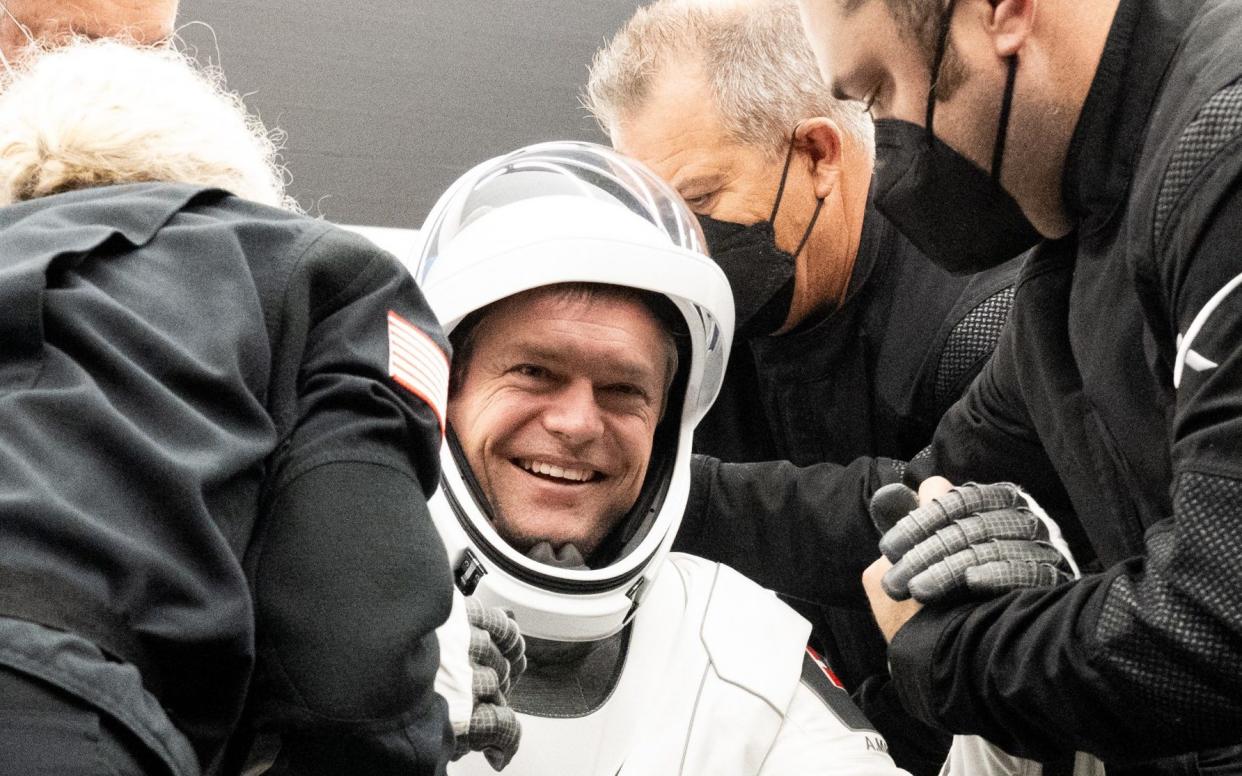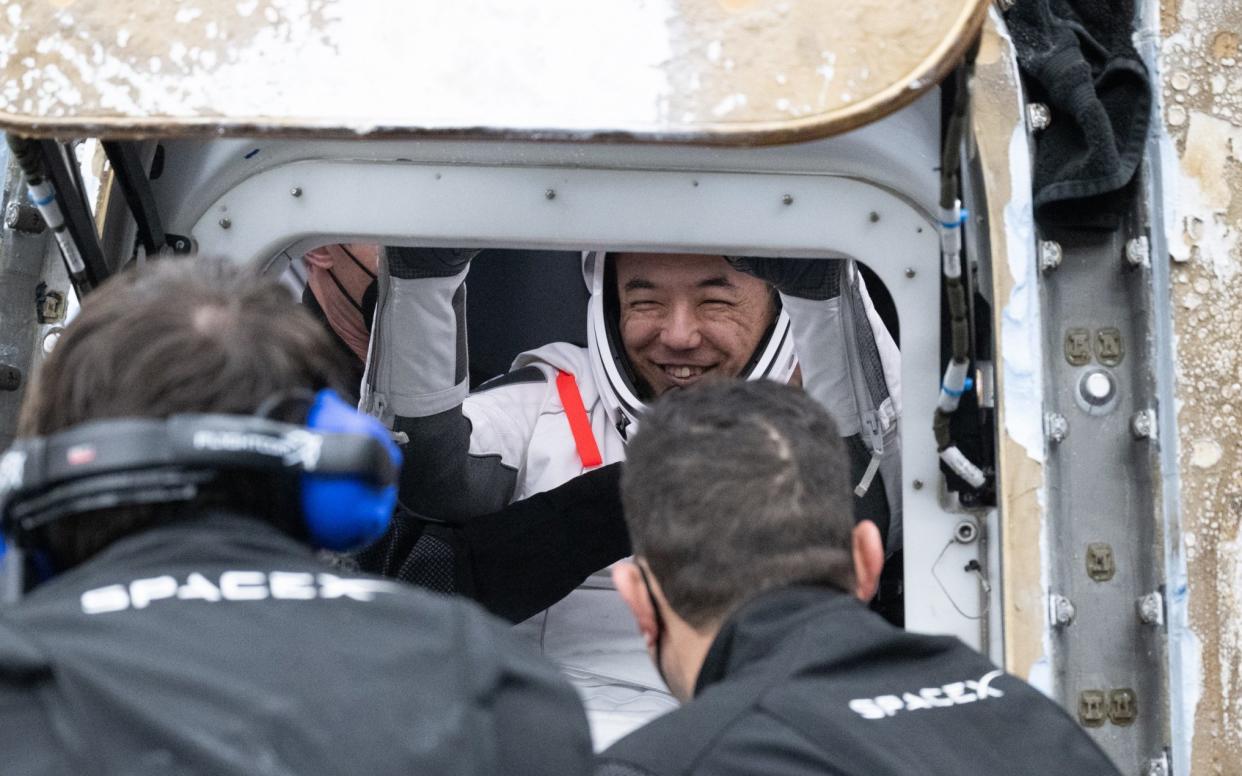Forget jet lag, it’s time to start worrying about space lag

Astronauts could end up with “space lag”, scientists have warned after they discovered that microgravity harms the body by knocking genes out of sync.
More humans are expected to venture into space in the coming decades, but concerns have been raised about the health impact of leaving Earth, where 24 hour night-and-day cycles do not exist, and gravity holds less sway.
In new research carried out by the University of Surrey and the European Space Agency, 20 volunteers were asked to lie in bed for 60 days with their legs raised slightly higher than their heads in an experiment which simulated the impact of microgravity on the body.
The team found that 91 per cent of all genes were impacted, with many switching on and off at the wrong time of day. Genes affected included those linked to muscle function, the immune system and the inflammatory response.
Just as jet lag knocks the body out of sync when travelling across timezones, experts believe astronauts could face an extraterrestrial type of space lag when leaving Earth.
Derk-Jan Dijk, the senior author of the study and director of the Surrey Sleep Research Centre, said: “Space travel was once thought to be unachievable; however, the growth of the space industry means it is now a real possibility.”
Mr Dijk explained that the peak phases of the genes’ rhythm shifted during the experiment, breaking their natural night-and-day cycle.
“We could say that there is a kind of space lag, or bed lag, that occurred. A lot remains unknown about the impact of microgravity on the body, and it is vital we know more about this before we start holidaying in space,” he added.

It is already known that astronauts exposed to microgravity experience changes to physiology, including immune suppression, increased inflammation, and reduced muscle mass and bone density.
But until now it was unclear what was driving the effect. The new research is the largest study into gene changes during microgravity simulation.
The changes were similar to those experienced by people suffering sleeping disorders. Disruption to circadian rhythms has been linked to increased risk of cancer and diabetes.
Professor Simon Archer, the lead author and professor of molecular biology of sleep at the University of Surrey, said: “This unique study represents the largest longitudinal dataset of time series gene expression in humans.
“Human gene expression varies rhythmically over the 24-hour day, and it is important to collect time series data rather than from just single time points to get a full picture of what occurs in the body when exposed to simulated microgravity.
“It also raises questions about the impact of constant bed rest on our bodies as we have identified a dramatic effect on the temporal organisation of human gene expression.”
First all-UK space mission set for 2025
The team said the genes were like responding to changes in the regular posture cycle, where people lie down at the same time of night and are largely erect for the rest of the day. In space, astronauts cannot “lie down” to sleep as there is no up or down, so the body cannot tell whether it is vertical or horizontal.
Keith Ryden, professor of space engineering and director of the Surrey Space Centre, said: “Human spaceflight is very much on the agenda again with astronauts soon returning to the moon via Nasa’s Artemis project alongside the growth of space tourism.
“In addition, new plans are in place for UK astronauts going to the International Space Station in 2025 via the UK Space Agency Axiom programme.”
The UK Space Agency is planning a joint mission with Axiom, which will be the first all-British space mission and is expected to be led by Tim Peake.
The research, which was carried out at the MEDES space clinic in Toulouse, was published in the journal iScience.


